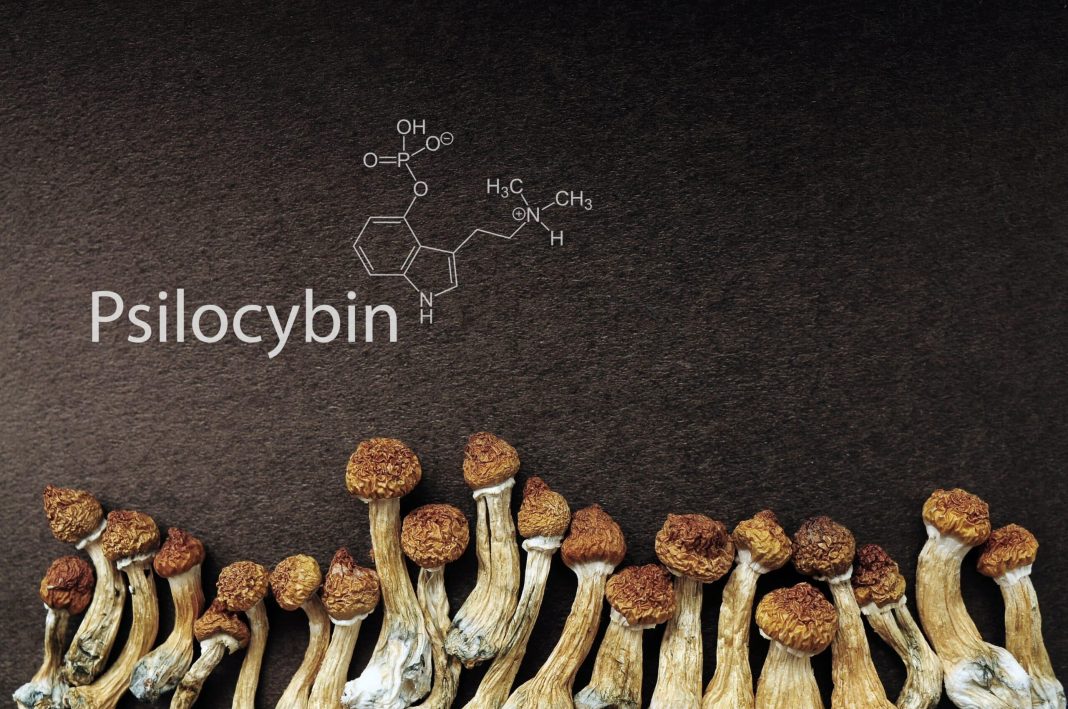Research published in Nature has shown that psilocybin, the psychoactive compound in magic mushrooms, can profoundly affect brain function by disrupting the default mode network (DMN). These long-lasting effects, which alter perception and cognition, can last for weeks, offering potential therapeutic benefits for mental health conditions such as depression and anxiety. The study provides a deeper understanding of how psychedelics impact the brain, paving the way for new treatments.
Understanding Psilocybin’s Impact on the Brain
Introduction to the Study
Recent research has focused on the effects of psilocybin, a compound found in magic mushrooms, on brain function. The study reveals that psilocybin can cause long-lasting changes in brain activity, specifically within the default mode network (DMN).
Key Findings
- Disruption of Default Mode Network: The DMN is a network of interacting brain regions typically active during rest and involved in self-referential thoughts and daydreaming. Psilocybin disrupts the connectivity within this network, which is believed to reset and reorganize brain activity.
- Altered Brain Connectivity: The disruption leads to altered neural connectivity, resulting in changes in perception, cognition, and consciousness. This can manifest as the profound, often mystical experiences reported by users.
Mechanism of Action
Psilocybin’s primary mechanism involves binding to serotonin receptors, particularly the 5-HT2A receptor, which plays a crucial role in mood regulation and perception. By activating these receptors, psilocybin enhances neuronal connectivity and plasticity, leading to the reorganization of the brain’s functional networks.
Long-Lasting Effects
The study indicates that the effects of psilocybin on brain connectivity are not fleeting but can last for weeks. This prolonged impact suggests that psilocybin could offer long-term benefits for mental health by promoting neural plasticity and improving brain network efficiency.
Importance of the Study
This research is significant as it provides empirical evidence supporting the therapeutic potential of psilocybin. By demonstrating that psilocybin can induce lasting changes in brain function, the study highlights its promise as a treatment for psychiatric disorders, including depression, anxiety, and PTSD.
Why This Is Important
Psilocybin’s ability to reset and enhance brain connectivity opens new avenues for treating mental health conditions. Traditional treatments often fail to address the underlying neural dysfunctions, whereas psilocybin therapy might offer a more effective approach by directly targeting these brain networks.
Possible Implications
- New Therapies: The development of psilocybin-based treatments for mental health disorders could revolutionize psychiatric care.
- Expanded Research: Further studies are needed to fully understand the long-term effects and therapeutic potential of psilocybin.
- Regulatory Considerations: This research may influence drug policy and regulations, potentially leading to the medical acceptance of psychedelics.
What to Follow
- Clinical Trials: Watch for results from ongoing clinical trials examining psilocybin’s efficacy in treating various mental health conditions.
- Neuroscientific Discoveries: Continued research into how psychedelics affect brain function and connectivity.
- Regulatory Developments: Changes in policy regarding the therapeutic use of psychedelics.
Conclusion
The study published in Nature provides compelling evidence of psilocybin’s profound and lasting impact on brain function. By disrupting and reorganizing the default mode network, psilocybin offers potential new treatments for mental health disorders, emphasizing the need for further research and consideration in medical practices.
Source: Nature





